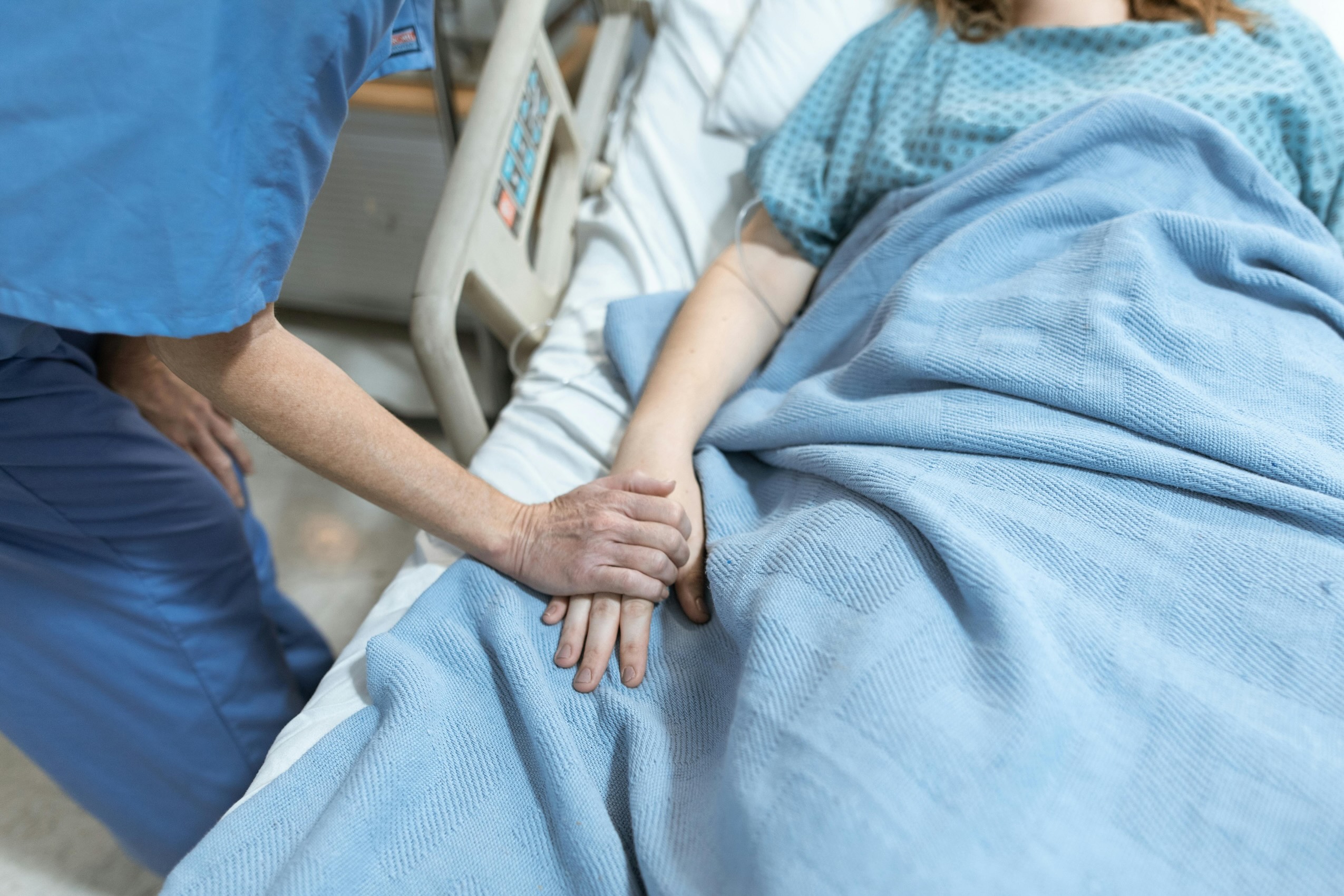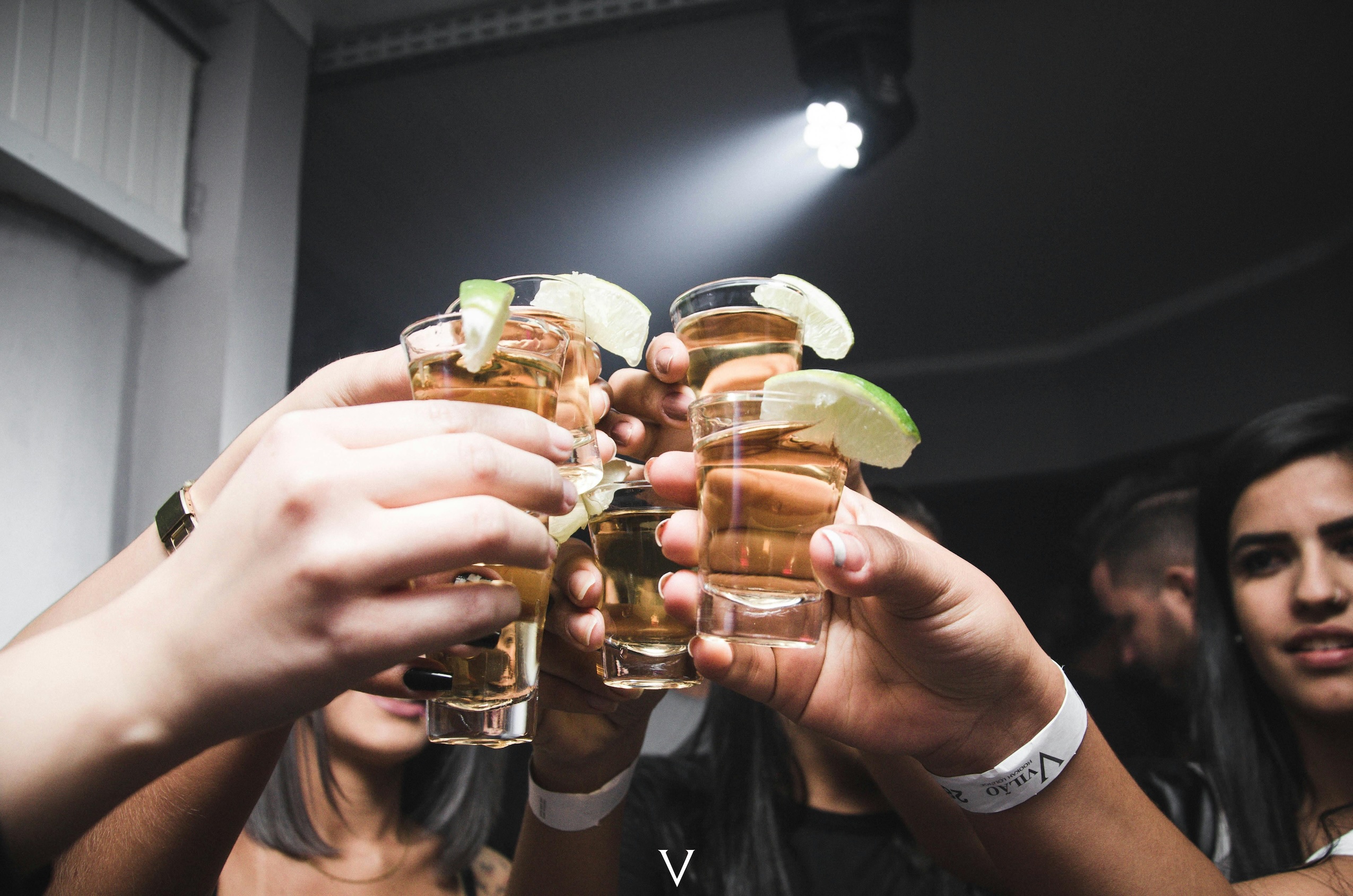The Alarming Links between Alcohol and Cancer
Research shows drinking alcohol is a cause of 6 kinds of cancer and a top preventable risk factor
For many years, it was suggested that drinking alcohol had health benefits. News media and even credible medical and health websites frequently published stories where “studies” found drinking alcohol was good for things like heart health. However, a study of these studies by the World Health Organization in 2023 conclusively found that no level of alcohol consumption is safe for our health and medical journals worldwide shared the findings. Now, there are studies showing that drinking alcohol causes cancer.
A new report from the American Association for Cancer Research (AACR) points to alcohol use as a factor driving a trend where adults under age 50 are developing breast cancer and colorectal cancer at increasingly higher rates over the last few decades.
40% of all cancer cases are associated with risk factors that people can reduce just through their lifestyle choices. These include maintaining a healthy diet and lifestyle, avoiding tobacco and ultraviolet radiation, and not drinking alcohol. Alcohol use is the third leading modifiable factor in preventing cancer behind smoking and excess body weight.
5.4% of cancers in the US were directly attributed to alcohol consumption in 2019. In 2017, light to moderate drinking (1–2 drinks per day) was responsible for 23,300 new cases of cancer in the EU.
Overall, Alcohol is the fourth leading cause of preventable death in the United States, with more than 178,000 deaths per year. Alcohol is involved in over 18% of emergency department visits. Alcohol is also found in 20% of prescription opioid deaths. Alcohol-related deaths increased by 29% in just five years, according to a CDC study.

People are Unaware that Alcohol can Cause Cancer
With all the articles from years past that remain online, it’s no surprise that most people continue to think that alcohol is good for them and will argue the point.
The report’s authors call for raising awareness about alcohol’s link with cancer, including public awareness campaigns and even adding cancer-specific labels to alcoholic beverages.
More than half of the population do not know that alcohol increases risk of cancer. Fewer than one-third of women aged 18-25 know that alcohol increases risk of breast cancer.
Cancer rates rose between 2010 and 2019, the greatest are in breast, thyroid, colon, and rectum. Frequent and regular drinking in early and mid-adulthood worsen the risk.

Why is Drinking Alcohol Bad for your Health?
The alcohol people drink is ethanol, which is a toxin to both the brain and body, and a carcinogen by itself. Ethanol damages DNA, causing cells to grow out control and become cancerous.
A glass of wine ranges from 5.5% to 16% alcohol by volume (ABV) with an average of 11.6%. Any minute health benefits from something like drinking red wine are overwhelmingly eclipsed by the risks and harms of ingesting alcohol itself. The helpful compounds, called polyphenols, are found in other healthful food sources in much higher concentrations.
It’s been long known that alcohol causes liver damage and cirrhosis. Alcohol has strongly adverse affects on the microbiome – the collection of bacteria, fungi and viruses that live on and inside our bodies, which are necessary for our overall health and wellbeing. This has broad effects across many of the body’s systems, including people’s moods and mental health.
Drinking alters gut bacteria, which can play a role in the growth and spread of cancer. It also impacts the body’s ability to absorb nutrients that help protect it against cancer. Alcohol is caloric and a significant contributor to weight gain, which is linked to over 12 types of cancer.
Alcohol’s role in raising the hormone estrogen makes it one of the few ways that women can modify their risk for breast cancer. Moderate drinking during pregnancy is also found to increase the risk of childhood leukemia.
When the body breaks down ethanol, it creates a carcinogen called acetaldehyde. It also alters retinoid metabolism, which increases the risks of head and neck cancers.
Alcohol also has synergistic effects with tobacco, using them together increases cancer risk more than using them alone.
What Kinds of Cancer are Linked to Drinking Alcohol?
Alcohol is linked to six types of cancer according to the American Institute for Cancer Research and the CDC:
- esophageal squamous cell carcinoma
- head
- neck
- breast
- colorectal
- liver
- stomach
What Can I do to Lower Cancer Risk from Drinking Alcohol
The answer is simple – don’t drink alcohol! But that’s not so simple to do.
While even moderate drinking increases risks of certain cancers, moderation is key to overall health if you do enjoy an occasional alcoholic beverage. There are a number of simple ways to drink less alcohol.
- Drinks in restaurants and bars are often larger than standard sizes
- Order smaller sizes, don’t ask for a double
- Sip slowly when you drink
- Alternate alcoholic and non-alcoholic drinks when you are out
- Enjoy low or no-alcohol alternative drinks, such as non-alcoholic beer or “mocktails”
- Keep some days alcohol-free each week, and don’t binge on drinking days
- Don’t keep alcohol in your house, only buy it when you plan to drink or entertain
- Regift bottles of alcohol that people bring to you
- Use a sober app or sober tracker to monitor your drinking and drinking habits
Being mindful of drinking and habits is important. It can be easy to lose track of how much we’re drinking once we get started and we’re out socializing and having fun.
The liver metabolizes one standard drink of alcohol per hour. A standard drink is generally defined as 12 ounces of beer, 5 ounces of wine, or 1.5 ounces of liquor. Give your body a rest between drinks so it has the time it needs to recover from processing the toxins.
Use a Sober App to Help You Control your Drinking

Using a sober app with an alcohol tracker like Affect’s is a great way to keep tabs on your drinking, set goals, and stick to them. It also includes tools and information on how to better your health and develop healthier habits.
Sober October has its origin in a 2014 fundraiser for Macmillan Cancer Support, a British charity that provides financial support to people living with cancer. It’s become a movement where people use the month to abstain and reflect upon their drinking habits as they focus their time on improving their mental and physical health. Many people also take part in Dry January following the excesses of the holiday season.
But, you can take a break from alcohol any time of the year. It can surprise people how good they feel after taking just a few weeks off drinking. They report having lower stress, sleeping better, more energy, and all kinds of other positive things.
If you find your health is in poor condition and you’re struggling with drinking, having a conversation with an experienced professional in substance abuse treatment can help you get on the path to a healthier – and happier – life.
